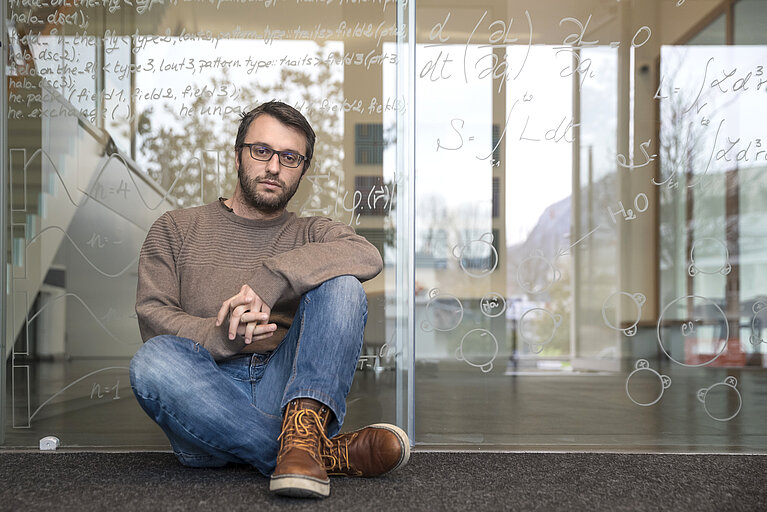February 26, 2019 - by Vasileios Karakasis
Vasileios, what is your background?
I am a computer scientist with a diploma in electrical and computer engineering from the National Technical University of Athens, Greece. I have then pursued my PhD at the same university, where I focused on the optimization of the Sparse Matrix-Vector Multiplication kernel on modern multicore computer architectures. After my PhD, I have led the development of the SparseX sparse matrix-vector optimization library, before moving to the Leibniz Supercomputing Center in Munich, Germany, where I worked on optimizing the Gadget astrophysics code for the Intel Xeon Phi processors.
When and for which position did you first apply to CSCS?
I first applied at CSCS in 2015 for an HPC Application Specialist position at the Scientific Computing Support Group.
What did you motivate to change position within CSCS?
Since I enjoyed working for more than 3 years at CSCS and knowing already quite well the team, I decided to take the next step in my career and take the Group Lead position of the Scientific Computing Support Group. This was a unique occasion to further develop my career that I could not miss.
What are you proud of since you started in this new position?
It’s not so long that I have been in this position, but the thing that I am for sure proud of is our team. A group of skilled engineers from different disciplines, all committed to improve the user experience of CSCS services. Lots of interesting projects are ahead of us!
What challenges you at your work?
We are essentially a production engineering team with knowledge that expands the whole software stack, from systems and computer architecture to applications. Anything we do has a direct impact on the users of the center, so everything counts. Given the complexity and the scale of such a large center, this is a big challenge.
How would you describe a regular day in the Scientific Computing Support Group?
There is not a regular routine inside the SCS group and that’s the most interesting aspect of it. Helping and supporting users run their codes optimally on the systems, testing and benchmarking codes, designing and implementing solutions for our users’ workflows, designing and developing our software tools are all part of the SCS daily business.
What is the most appealing aspect of working within CSCS?
Working in one of the largest supercomputer centers in the world that serves more than 1500 users and enabling them to progress with their research in the most efficient way is quite an appealing aspect, I believe. The friendly working environment and the opportunities of further education and personal improvement are highly appreciated as well.
